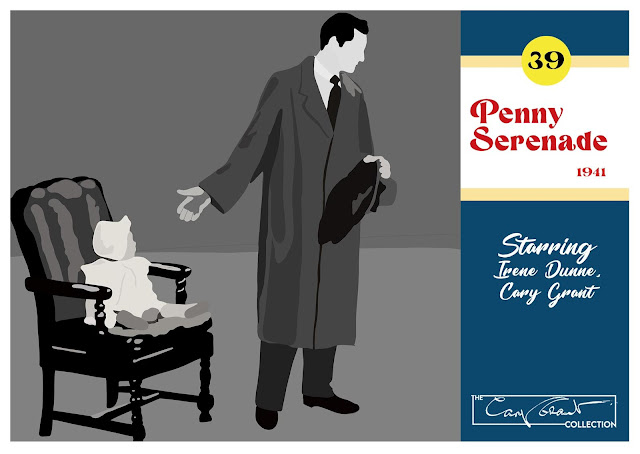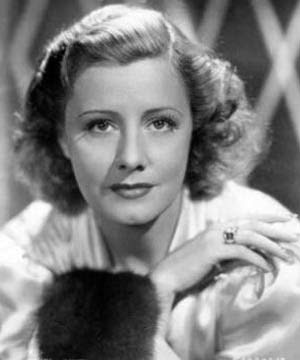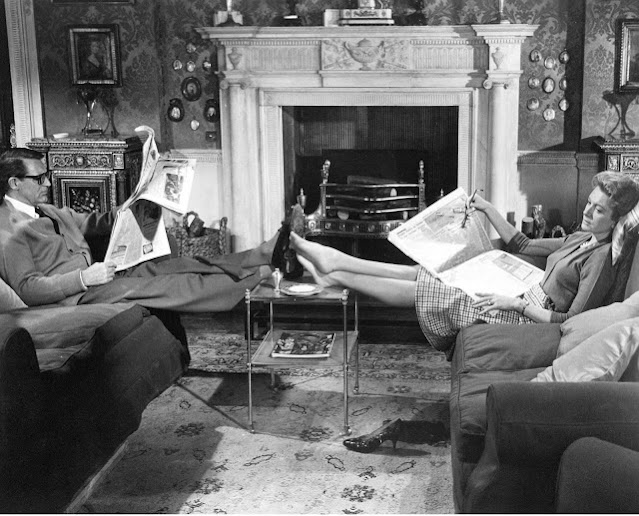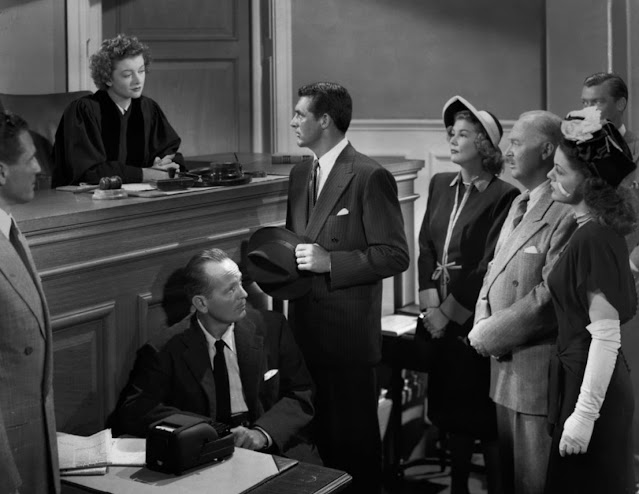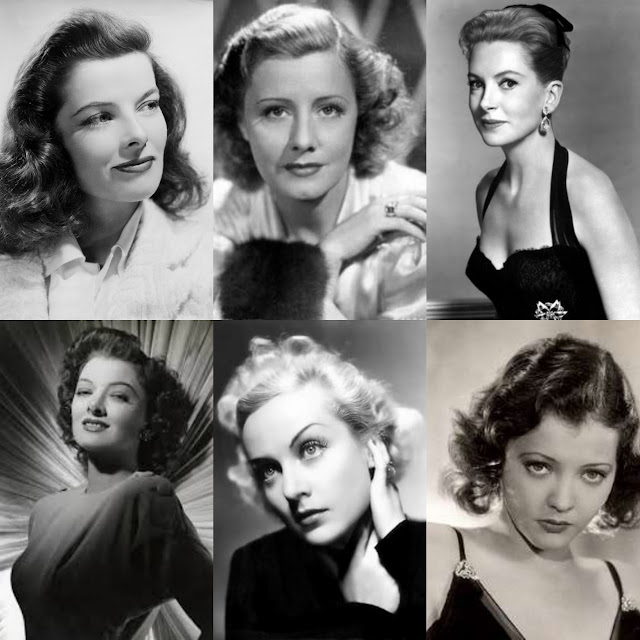Cary Grant, over the course of his film career, starred alongside the most iconic female stars of the time and who still maintain that status, even today!
The list is impressive.
Some actresses appeared more than once with Cary Grant on screen.
Katharine Hepburn:
She appeared in the most films with Cary Grant, a total of four times.
Also, on July 20th, 1942, on the radio, in The Philadelphia Story.
Sylvia Scarlett (1936)
Bringing Up Baby (1938)
Holiday (1938)
The Philadelphia Story (1941)
"She was this slip of a woman and I never liked skinny women.
But she had this thing, this air you might call it, the most totally magnetic woman I'd
ever seen, and probably ever seen since.
You had to look at her, you had to listen to her. There was no escaping her."
- Cary Grant
"Cary was a lovely, very generous actor. A good comedian. And so funny. He had a wonderful laugh. When you looked at that face of his, it was full of a wonderful kind of laughter at the back of the eyes."
- Katharine Hepburn
Irene Dunne:
Appearing in three films.
Two were probably amongst the best screwball comedies on film.
Her radio appearences with Cary Grant also included:
Theodora Goes West (June 13th, 1938)
Mr. Blandings Builds His Dream House
(Oct 10th, 1950)
The Awful Truth (Jan 18th, 1955)
The Awful Truth (1937)
My Favorite Wife (1940)
Penny Serenade (1941)
"Her timing was marvelous. She was so good that she made comedy look easy.
If she'd made it look as difficult as it really is, she would have won her Oscar."
- Cary Grant
"I loved working with Cary - every minute of it. Between takes he was so amusing with his cockney stories. I was his best audience. I laughed and laughed and laughed. The more I laughed, the more he went on."
- Irene Dunne
Deborah Kerr:
Appearing in three films with Cary Grant.
Dream Wife (1953)
An Affair to Remember (1957)
The Grass Is Greener (1961)
"Mostly, we have manufactured ladies - with the exception of Ingrid, Grace, Deborah and Audrey."
- Cary Grant
"His elegance, his wit, his true professionalism were outstanding, and I learned so much from just watching him work. The ability to ad-lib, the timing of a double-take, in fact, all his timing - so essential for true comedy."
- Deborah Kerr
Myrna Loy:
Appearing in three films.
In 1941, June 30th, she also joined Cary Grant for a radio adaptation, I Love You Again.
Wings in the Dark (1935)
The Bachelor and the Bobby Soxer (1947)
Mr. Blandings Builds his Dream House (1948)
Carole Lombard:
Appearing in three films with Cary Grant, and one radio performance on December 11th, 1939 - In Name Only.
Sinners in the Sun (1932)
The Eagle and the Hawk (1933)
In Name Only (1939)
Sylvia Sidney:
Appeared in three films.
Merrily We Go to Hell (1932)
Madame Butterfly (1932)
Thirty-Day Princess (1934)
So six actresses, appeared in three or more films with Cary Grant.
But ten more starred in two films each with him.
That will be the subject of Leading Ladies: Part Two...







